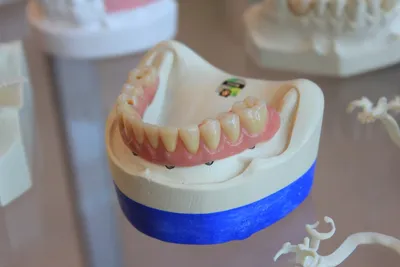
Comprehensive Approaches to Managing Chronic Heart Disease
Understanding Chronic Heart Disease
Chronic heart disease, also known as cardiovascular disease, is a long-term condition that affects the heart's ability to function properly. Understanding the causes, symptoms, and types of chronic heart disease is the first step in managing the condition effectively.
Causes and Risk Factors
Common causes of chronic heart disease include high blood pressure, high cholesterol, diabetes, obesity, smoking, and an inactive lifestyle. Risk factors also include age, gender, and a family history of heart disease.
Symptoms and Diagnosis
Recognizing the symptoms of chronic heart disease can help in early diagnosis and treatment. Symptoms may include chest pain, shortness of breath, fatigue, and irregular heartbeats. Diagnosis typically involves physical exams, blood tests, and imaging techniques like echocardiograms and MRIs.
Treatment Options for Chronic Heart Disease
Effective management of chronic heart disease often requires a combination of medications, lifestyle changes, and sometimes surgical interventions.
Medications
Common medications used to treat chronic heart disease include beta-blockers, ACE inhibitors, and statins. These medications help lower blood pressure, reduce cholesterol, and improve heart function.
Lifestyle Changes
Adopting a heart-healthy lifestyle is crucial for managing chronic heart disease. This includes eating a balanced diet low in saturated fats and high in fruits and vegetables, engaging in regular physical activity, and quitting smoking.
Surgical Interventions
In severe cases, surgical procedures such as angioplasty, stent placement, or bypass surgery may be necessary. These interventions can improve blood flow to the heart and prevent dangerous complications.
Self-Care Practices for Long-Term Management
Self-care is an essential component of managing chronic heart disease. By incorporating daily habits and routines, you can keep your heart healthy and reduce the risk of complications.
Monitoring and Check-Ups
Regular monitoring of your condition and routine check-ups with your healthcare provider are crucial. This helps in tracking progress, adjusting treatment plans, and identifying any new issues early.
Stress Management
Chronic stress can negatively impact heart health. Techniques such as mindfulness meditation, deep breathing exercises, and hobbies can help manage stress levels.
Support Networks
Building a strong support network of family, friends, and support groups can provide emotional assistance and practical advice. Sharing experiences with others facing similar challenges can be comforting and motivating.
Conclusion
Managing chronic heart disease requires a comprehensive approach that includes medical treatment, lifestyle changes, and self-care practices. By understanding your condition and actively participating in your care, you can lead a healthier and more balanced life.
Top Adult Health Articles
Check out the most popular articles among our readers, featuring trusted advice and actionable insights on adult health.




Related Posts
View All
Hydration and Nutrition: The Key Connections

Where to find the best denture clinic near me
